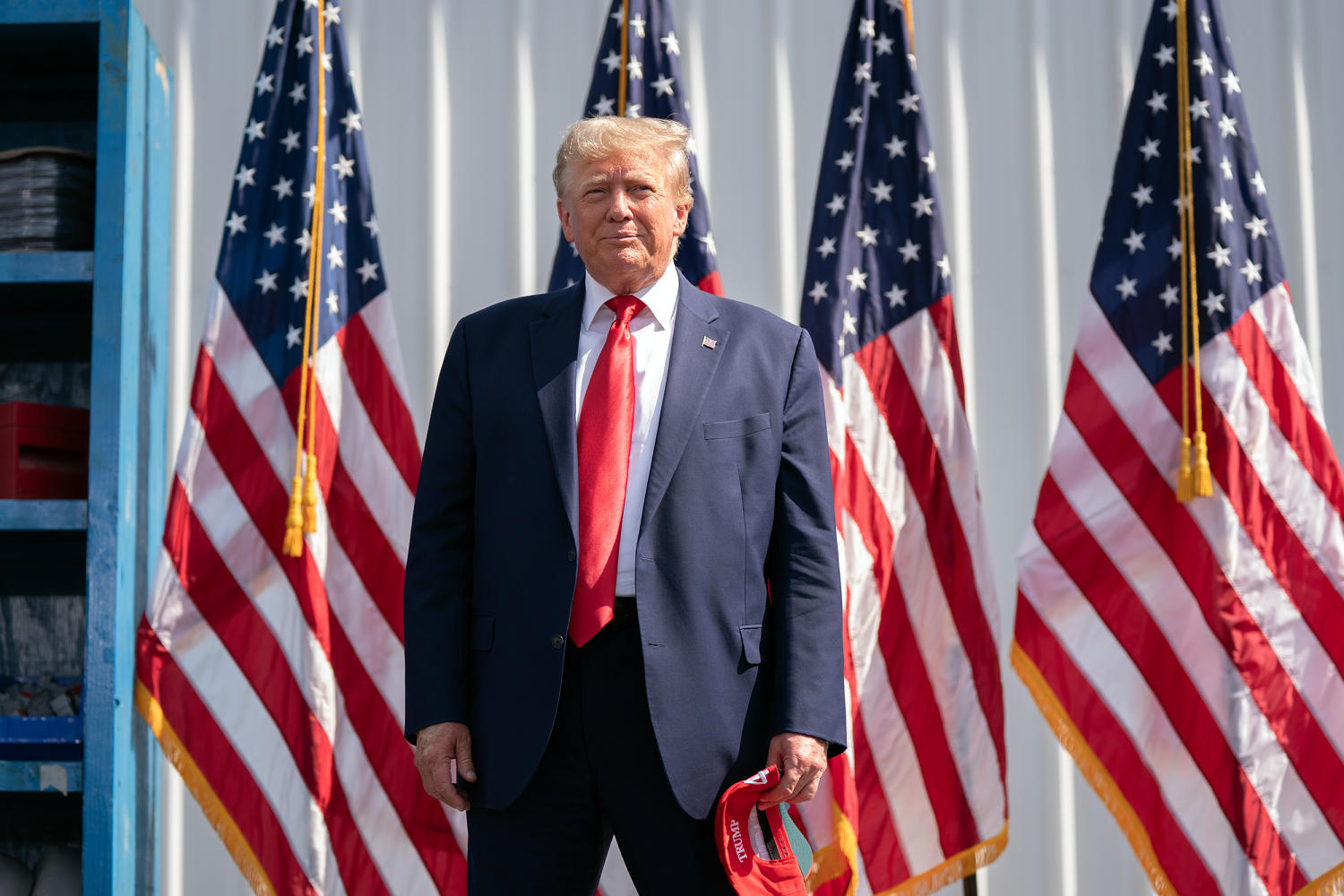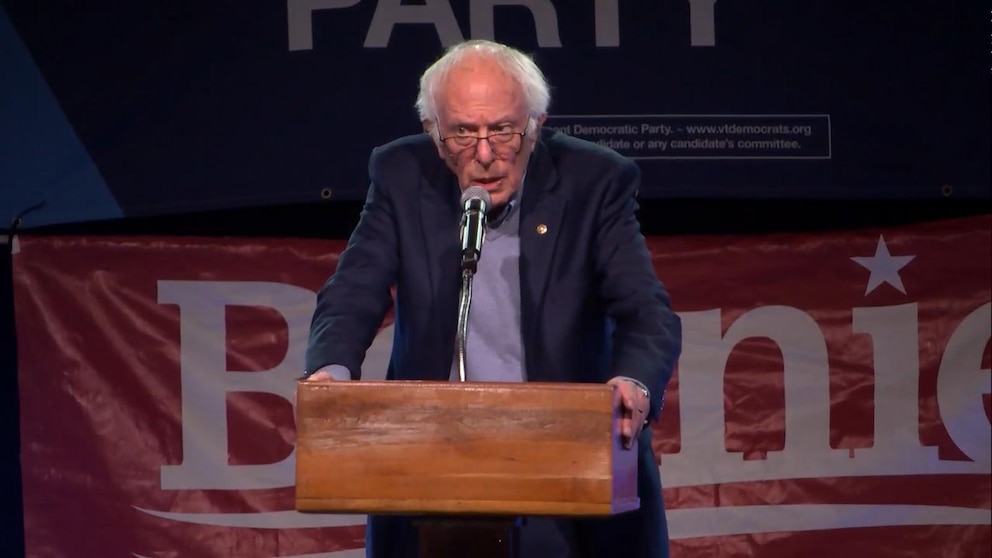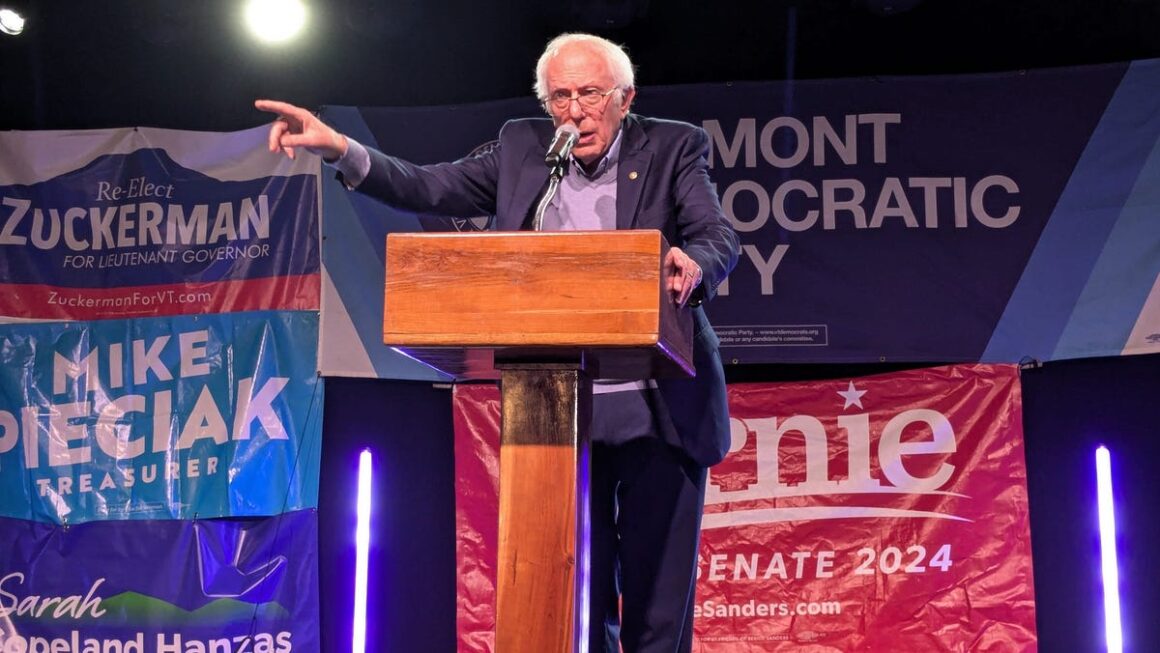
During a recent campaign rally, Donald Trump said he told a NATO leader he would “encourage” Russia “to do whatever the hell they want” to countries that were “delinquent” and had not paid bills they “owed” the alliance. His remarks set off a firestorm domestically and internationally, as the U.S. Congress argues over how and when to provide Ukraine with additional military assistance in its efforts to halt Russian aggression.
This situation was exacerbated by the sudden death of Alexei Navalny in a Russian Arctic penal colony. Navalny was a long-standing opponent of Russian President Vladimir Putin’s dictatorial rule. The Kremlin had even attempted to poison Navalny in 2020 and jailed him on trumped up charges upon his return to Russia in 2021. Despite these facts, Trump refused to condemn Putin. Instead he compared his own extensive and ongoing legal struggles to Navalny’s struggle for freedom in Russia, casting himself as a victim.
Trump’s NATO comments were irresponsible, put Americans at risk, and show how little value he has for loyalty and commitments.
This drama likely foreshadows what U.S. national security policy would look like in a second Trump administration. And taken together, these incidents illustrate a serious divide within the Republican Party about the overall direction of American national security policy. Trump’s disconnect from reality during a challenging time in global history is just one more example of the stakes in this year’s election.
Trump’s NATO comments were irresponsible, put Americans at risk, and show how little value he has for loyalty and commitments. His comments would scrap Article 5 of the NATO Treaty — that an attack on any member should be considered “an armed attack against all members” — which is considered the defining aspect of the agreement. Remember this article has been invoked only once, on Sept. 12, 2001.
Allied leaders immediately denounced Trump’s remarks. For the first time in history, a serving NATO leader publicly criticized an American president — albeit a former one. Many American leaders publicly agreed with Dutch Defense Minister Kajsa Ollongren, who argued that “this is exactly what Putin loves to hear.” Trump’s words were also offensive to current and former American soldiers (like this writer) who served in Europe during the Cold War and after. NATO provides enormous benefits to our country — militarily, politically, diplomatically and economically. The alliance has enabled seven decades of peace, deterred the Soviet Union and continues to help prevent World War III. It also encourages the growth of democracy, freedom and justice particularly for countries emerging from Soviet occupation.
Trump professes his love for his predecessor Ronald Reagan — and he certainly loves tax cuts. But in place of “compassionate conservatism,” Trump’s GOP embraces paranoid nativism. In place of a Reaganite national security policy of peace through strength and the belief that America is the protector of freedom, democracy and open markets, Trump’s GOP embraces an “America First” doctrine that shuns allies (barring Israel and perhaps Taiwan) and is skeptical of providing military assistance to Ukraine.
The ideological divide on foreign and national security policy among Republicans — with Trump and many of his supporters in Congress on one side, and more traditional Republicans like Sen. Mitch McConnell or presidential rival and former United Nations Ambassador Nikki Haley on the other — is extraordinary.
On Feb. 13, 26 Senate Republicans voted against billions in military aid for Ukraine at the urging of Trump world. Sen. J.D. Vance, R-Ohio, said he opposed the bill because it “represents an attempt by the foreign policy deep state to stop President Trump from pursuing his desired policies.” The bill ultimately passed the Senate, but so far, Speaker Mike Johnson has refused to support the bill in the House.
Democratic and Republican officials have nonetheless been sounding the alarm, loudly and consistently, about what Trump might do in a second term.
In the aftermath of this Senate vote, Rep. Michael Turner, Republican chairman of the House Intelligence Committee, demanded the Biden administration release information on the Russian development of a new anti-satellite weapon. According to The New York Times, some people believe Turner (a staunch supporter of Ukraine) was trying to prod Johnson into bring the foreign aid package to the House floor for a vote.
Up to this point, foreign and defense policy had not figured so largely in Trump’s speeches and rallies. His campaign website vaguely declared that America must fundamentally rethink “NATO’s purpose and NATO’s mission,” and he has insisted that Europe must reimburse the United States for “almost $200 billion” worth of munitions sent to Ukraine.
But both Democratic and Republican officials have nonetheless been sounding the alarm, loudly and consistently, about what Trump might do in a second term. John Bolton, Trump’s former national security adviser, has warned that Trump has little understanding of foreign policy or geopolitics and would withdraw the United States from NATO if re-elected. Not coincidentally, the Senate passed an amendment to the 2024 defense budget that makes it more difficult for a president to withdraw from NATO. But Trump could still employ presidential powers as commander in chief to neutralize American commitments.
If a newly elected President Trump did withdraw the United States from NATO, Putin would achieve a goal he has sought for over 20 years — the destruction of an alliance that provided peace and security in Europe for seven decades.
But Trump’s “America First” approach will not only affect our relationships in Europe. In the past, Trump has argued that under existing bilateral security agreements, both Japan and South Korea should pay billions more for basing U.S. forces in their territory. These forces provide a vital deterrent against both North Korea and Chinese aggression in the Pacific. They should not be used as a bargaining chip to blackmail allies. Both nations have also already increased their defense spending and provide the United States critical bases in the Asia-Pacific region.
Trump supporters might argue that such policies will push European and Asian nations to reduce their reliance on the United States. Clearly, the U.S. must continue to insist its allies pay their fair share for collective defense initiatives, and every administration has done so in past. But every action has a reaction. Withdrawing the U.S. from NATO or withdrawing from other security agreements abroad could instead motivate countries like Germany, Poland, Sweden or South Korea to acquire nuclear weapons to deter an aggressive Russia or China.
In other words, Americans need to be closely following Trump’s national security rhetoric. Dramatic shifts in policy could correspond with dramatic shifts in the international order, and effectively end the American security umbrella that not only protected both our allies and our interests around the world but has also prevented war.
![]()






